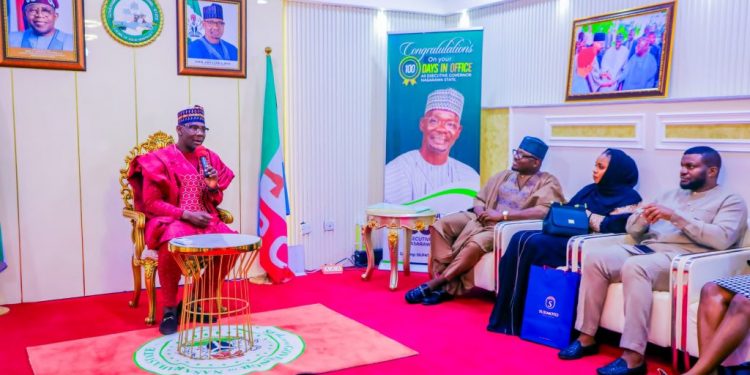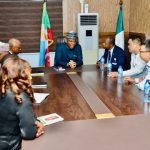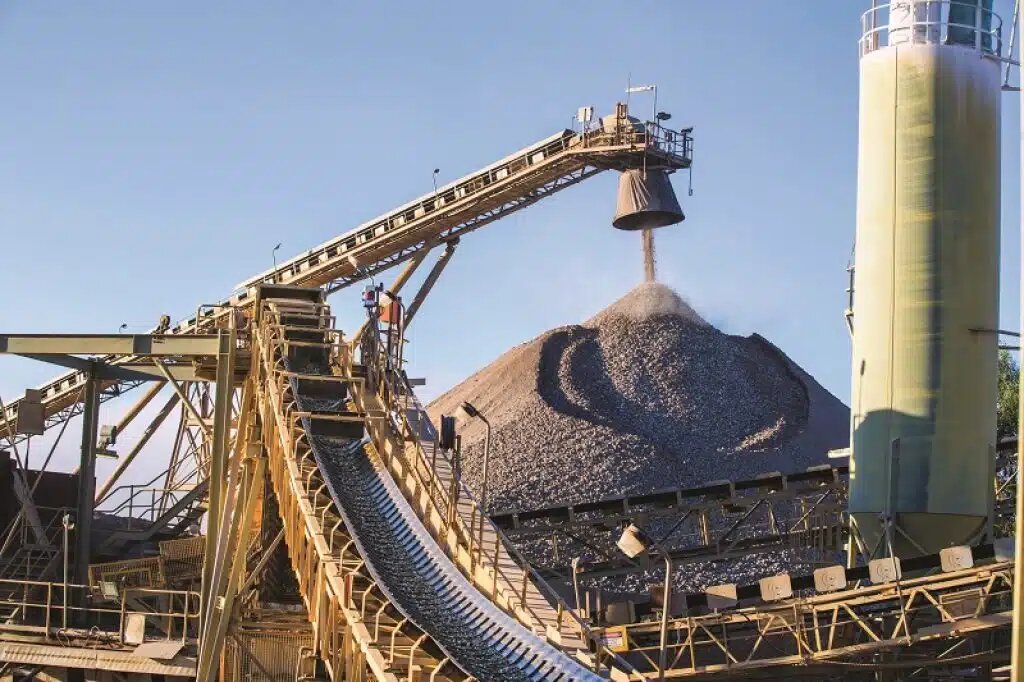Nasarawa State is set to receive a major boost in agriculture and mining as the World Food Forum (WFF) pledges to invest $200 million in sustainable farming projects, while two private firms have signalled interest in tin mining and steel development in the state.
Governor Abdullahi Sule announced the planned investment while hosting the Chairman of the National Steel Council (NSC), Prof. Abdulkarim Abubakar Kana (SAN), who led a delegation of investors on a courtesy visit to the Government House on Thursday. The governor revealed that the WFF selected Nasarawa and Kano as model states for sustainable agriculture and invited him to speak at the Nigeria Economic Summit Group.
“The World Food Forum believes that agriculture is sustainable in Nasarawa State. That’s why they are also bringing their money. They are pledging about $200 million that they can start with for us in Nasarawa State,” he said. “I promised them that I will be there because if I see $200 million coming to Nasarawa State, I will run to Abuja.”
Sule reiterated that the state is open for business, particularly in areas of competitive advantage such as agriculture, mining, and solid minerals. He assured the delegation of his administration’s commitment to creating an enabling environment for serious investors, noting that strategic investments in the steel sector could transform Nigeria’s industrial base.
Reflecting on his experience as an engineer at the Jos Steel Rolling Mills, the governor lamented the collapse of steel plants in Jos, Katsina, and Oshogbo, as well as the current state of the Ajaokuta and Aladja steel companies. “You will write your name in gold if you take steel development seriously in Nigeria,” he said. “We are ready in Nasarawa State. We will talk to you from a point of knowledge. We are happy to discuss the scale of your projects and the processes you want to use.”
Prof. Kana, who also hails from Nasarawa, led two firms exploring opportunities in the state: the Turkish-based Koseoglu Group, which is interested in tin mining for steel production, and Copenhagen Nigeria Ltd, a company focusing on bridging investment gaps in key development sectors. He said the NSC is now actively facilitating investments to revitalise the long-dormant steel sector.
“We are here on behalf of the National Steel Council as investment facilitators in the steel sector,” he said. “We brought these investors here for a reason. First, it is my state, and secondly, we’re here to work with you to attract investors and establish projects in Nasarawa.”
Kana highlighted that although the NSC was created in 1979 to coordinate the steel industry, it never became operational, leading to uncoordinated investments and the eventual collapse of Nigeria’s steel mills. He introduced the representatives of Koseoglu Group and Copenhagen Nigeria Ltd, both of whom expressed readiness to invest in the state’s mining and industrial value chains.
The delegation also included NSC Executive Secretary Ambassador Musa Fari and other senior officials.
The combined developments, a $200 million agricultural investment and renewed private sector interest in mining and steel — position Nasarawa as one of Nigeria’s emerging hubs for agribusiness and industrial growth. For small and medium enterprises, particularly those in the agricultural value chain and mining supply services, these investments could create new opportunities in logistics, processing, and local manufacturing over the coming years.










